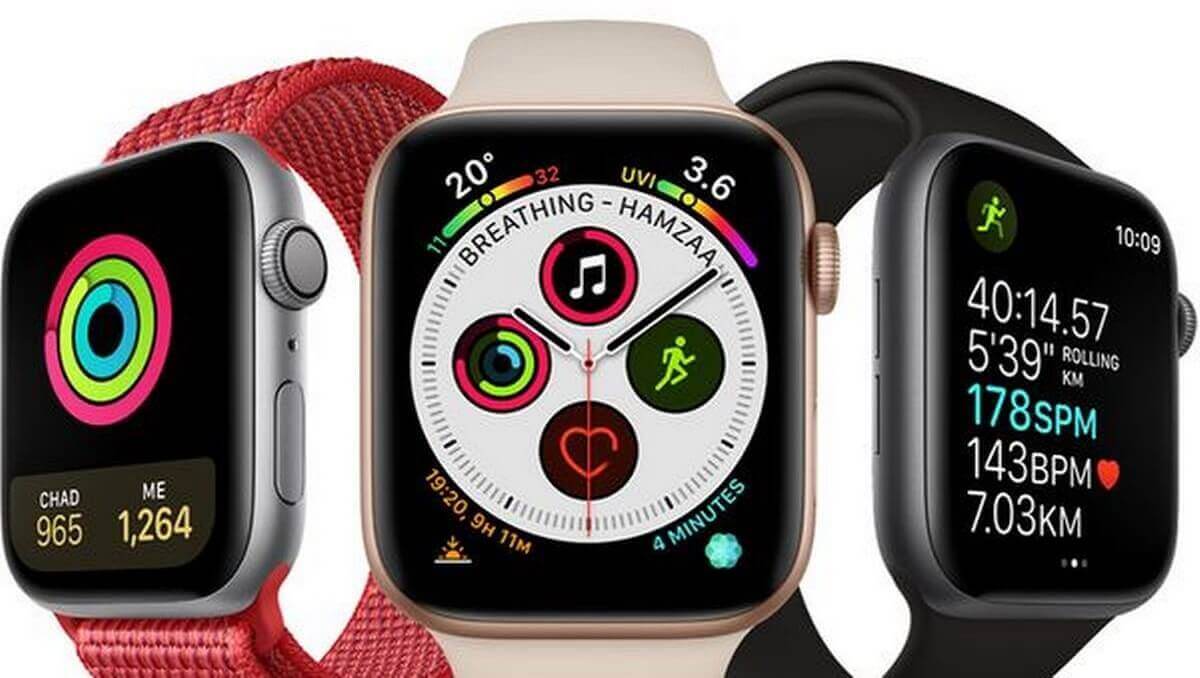


- #DISPLAY SCREENS FOR MAC PRO HOW TO#
- #DISPLAY SCREENS FOR MAC PRO PRO#
- #DISPLAY SCREENS FOR MAC PRO SOFTWARE#
But the latest models of the MacBook Air and MacBook Pro support only one external display. The calibration wizard allows you to create a custom profile, which is then saved in the Color tab's Display Profile section. M1 MacBooks natively support just one monitor, the M1 Mac Mini does natively support up to two external monitors - one via the HDMI port and a second via USB-C.You can select the different options presented to you and choose the options that provide you with the clearest image. Grab the little white menubar from the primary screen and drag that to the monitor that you want to be. Go to Displays and then choose Arrangements. This will change which screen shows the Mac Dock by defining which display is the primary: From the Apple menu, choose System Preferences.
#DISPLAY SCREENS FOR MAC PRO HOW TO#
The calibration wizard will walk you through each step. How to Move Dock to Other Display on Mac.
#DISPLAY SCREENS FOR MAC PRO SOFTWARE#
Viewport or Viewport size is the number of software pixels (CSS pixels) present. Screen size (resolution) is the number of physical pixels present on a screen. 1 Property is displayed as width × height. Higher refresh rates provide a clearer image and are easier on the eyes, but check with your monitor to see what refresh rates are supported. MacBook Pro has a 15.4-inch screen with a screen size (resolution): 2880px × 1800px, 1440px × 900px viewport 1, and a CSS Pixel Ratio of 2.Higher resolutions house more information on a single monitor, but the icons, text and other elements appear smaller.

To calibrate the display to your own personal preferences, click the "Calibrate." button.Ĭheck the "Show Displays in Menu Bar" for quick access to the display options for both monitors. By default, your MacBook display is set as the primary monitor this change makes the external monitor your primary monitor.Ĭhoose a pre-configured display profile from the Display Profile list. Select the Refresh Rate drop-down menu and choose a Hertz setting.Ĭlick the "Arrangement" tab and check the "Mirror Displays" check box to show the same screen on both your MacBook monitor and external display.ĭrag the menu bar from the first display image on top of the second display image to make your external display the default monitor showing the menu bar, Dock and Desktop. The best option for the richest colors is "Millions of Colors." The Mac Pro is a small and cylindrical shaped computer based on the Intel. Select the "Colors" drop-down menu and choose the type of color display you want. a large touch screen and a quad-core processor. Click the "Display" tab to select your desired screen resolution from the list of options.


 0 kommentar(er)
0 kommentar(er)
